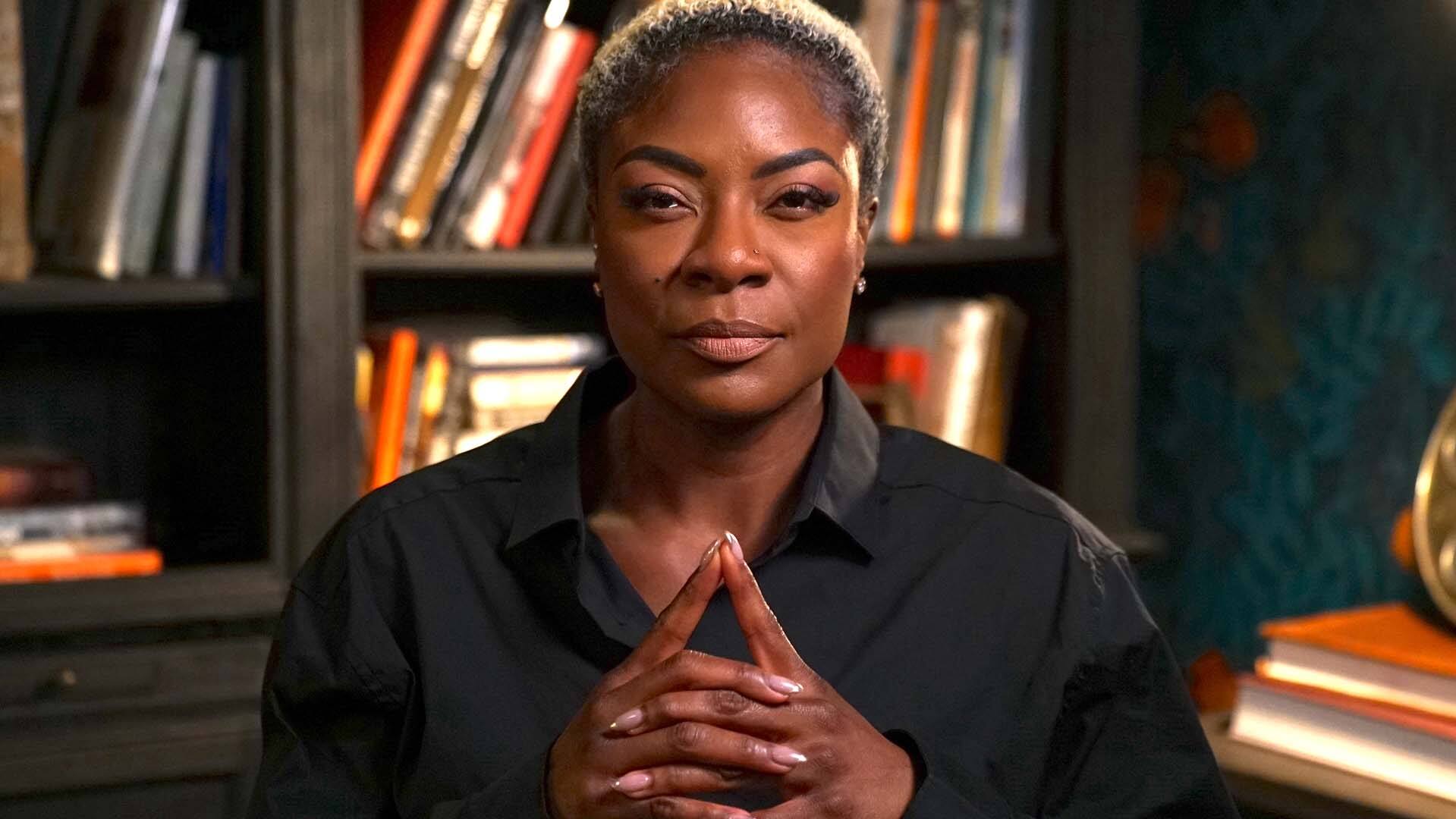Jully Black will be singing her changed version of the national anthem at the inaugural graduation ceremony of the first cohort of law students at Toronto Metropolitan University on Tuesday.
And with the new anthem comes a message — be steadfast in standing up for change, and in yourself, she said.
“It’s amazing not to feel invisible anymore, and to be welcomed into a space and asked to contribute to something so beautiful,” she said in an interview with CBC Toronto.
Black’s change to the anthem was first heard in February at the NBA All-Star game. The Canadian R&B singer and Juno-award winner changed the first line of the anthem from “our home and native land” to “our home on native land” to acknowledge the country’s theft of Indigenous land, she said.
The school said it asked Black to perform to reflect the core values of the law program, which are a commitment to diversity, inclusion and reconciliation following its name change from Ryerson University to Toronto Metropolitan University.
The name changed last spring, as faculty and students had voiced concern for years that its namesake came from Egerton Ryerson, considered to be the architect of the residential school system.
Memory of Black’s mother inspired anthem change
When Black was deciding whether she should change the one word in O Canada — she said she heard her mother’s voice.
‘Exercise wisdom, Jully,’ she heard her mother saying. Though her mom died in 2017, Black has worked to follow her teachings.
Her mother emigrated to Canada from Jamaica in 1968 to build a new life, and she was confident in her convictions. Black remembers her mom leaving a church because the members were judging Black for her tattoos.
WATCH: Jully Black explains why she changed the anthem
R&B singer Jully Black sparked debate when she swapped a single word performing the national anthem at the 2023 NBA All-Star Game. In this conversation with the CBC’s David Common, she talks about the importance of asking for permission before making the bold move and reveals why she’s so determined to keep fighting for Indigenous rights.
She knew her mother wouldn’t back down from what she believed to be right. And for Black, that included changing the anthem.
“So, for me to exercise any sort of fear, didn’t make any sense. My mom would be like, ‘What are you doing?,'” said Black.
The ceremony will mark the first graduates from the university’s Lincoln Alexander School of Law that launched in fall 2020.
The school’s commitments to diversity and inclusion, and evocation of Alexander’s namesake is what encouraged her to perform at the ceremony, she told CBC Toronto.
“As a Black, born Canadian woman, to me [the ceremony] is showing ‘OK, this is what Canada does look like. Not could look like,'” she said.
Mental health a priority at school, says valedictorian
Safia Thompson, the first valedictorian for the law school, said she’s thrilled to be speaking on the same stage that Black will be performing on Tuesday.
“I’m thrilled to see a woman of colour use art to send such an important and powerful message,” said Thompson.
Speaking to peers at other law schools, Thompson said they aren’t getting the chance to have discussions on diversity, mental health and gender like they are at TMU. Though discussions are sometimes challenging, students and staff aren’t afraid to address those topics, she explained.
“For us, that’s really where the magic happens, that’s where we can learn more about the law, and how we can serve the diverse community when we go out into the world,” she said.
Donna Young, the founding dean of the school, said the law school has integrated Indigenous laws in its teaching, which is still a work in progress.
The Standing Strong Task force, a group mandated to consult with TMU faculty and students and find a path forward in confronting Ryerson’s legacy at the school, recommended those teachings be integrated into the program.
TMU must listen to Indigenous faculty
Eva Jewell, an assistant professor of sociology at TMU and the research director of the Yellowhead Institute, an Indigenous-led education centre, said that she’s a huge fan of Black and it’s exciting to have her perform at the school.
While TMU has made some “pretty significant efforts” toward committing to reconciliation, it needs to make more of an effort to provide resources to Indigenous faculty and be more intentional in its integration of Indigenous history and teachings through multiple programs, said Jewell.
For instance, the Yellowhead Institute does not have a permanent home at the school, she said.
As well, there has been pushback on mandated curricula and the school needs to face those kinds of challenges head on, she said.
“There needs to be an attentiveness to that tension that we are experiencing in universities,” she said. Consultation also is sometimes done, and then Indigenous perspectives are still ignored, she said.
The next steps for the school include “adequate resources, support, particularly in senior administrative positions, and listening to the experts, which are Indigenous faculty,” she said.
For more stories about the experiences of Black Canadians — from anti-Black racism to success stories within the Black community — check out Being Black in Canada, a CBC project Black Canadians can be proud of. You can read more stories here.







More Stories
Fair share: the right office solution can take finding the right partner
Ontario faces crew shortages, aircraft issues in fight against wildfires | Globalnews.ca
Refugee attends open house at Downtown Eastside affordable housing facility – BC | Globalnews.ca